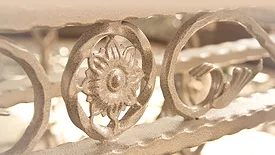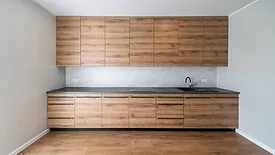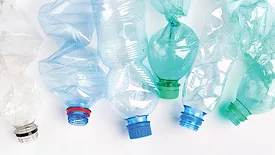Paint and Coatings Additives
Hansen Solubility Parameters
Read More
Using Simulation Tools and Physicochemical Properties to Guide Additive Selection: Part 3
Part 3: Results and Discussion
Read More
Using Simulation Tools and Physicochemical Properties to Guide the Selection of Additives, Part Two
Part 2: Methods and Materials
Read More
PPG Examines Coatings That Power Smart Eyewear
How Optical Coatings are Powering the Future of Smart Eyewear and AR Devices — Enabling Clarity and Performance
Read More
Keep the info flowing with our eNewsletters!
Get the latest industry updates tailored your way.
JOIN TODAY!Copyright ©2026. All Rights Reserved BNP Media.
Design, CMS, Hosting & Web Development :: ePublishing








